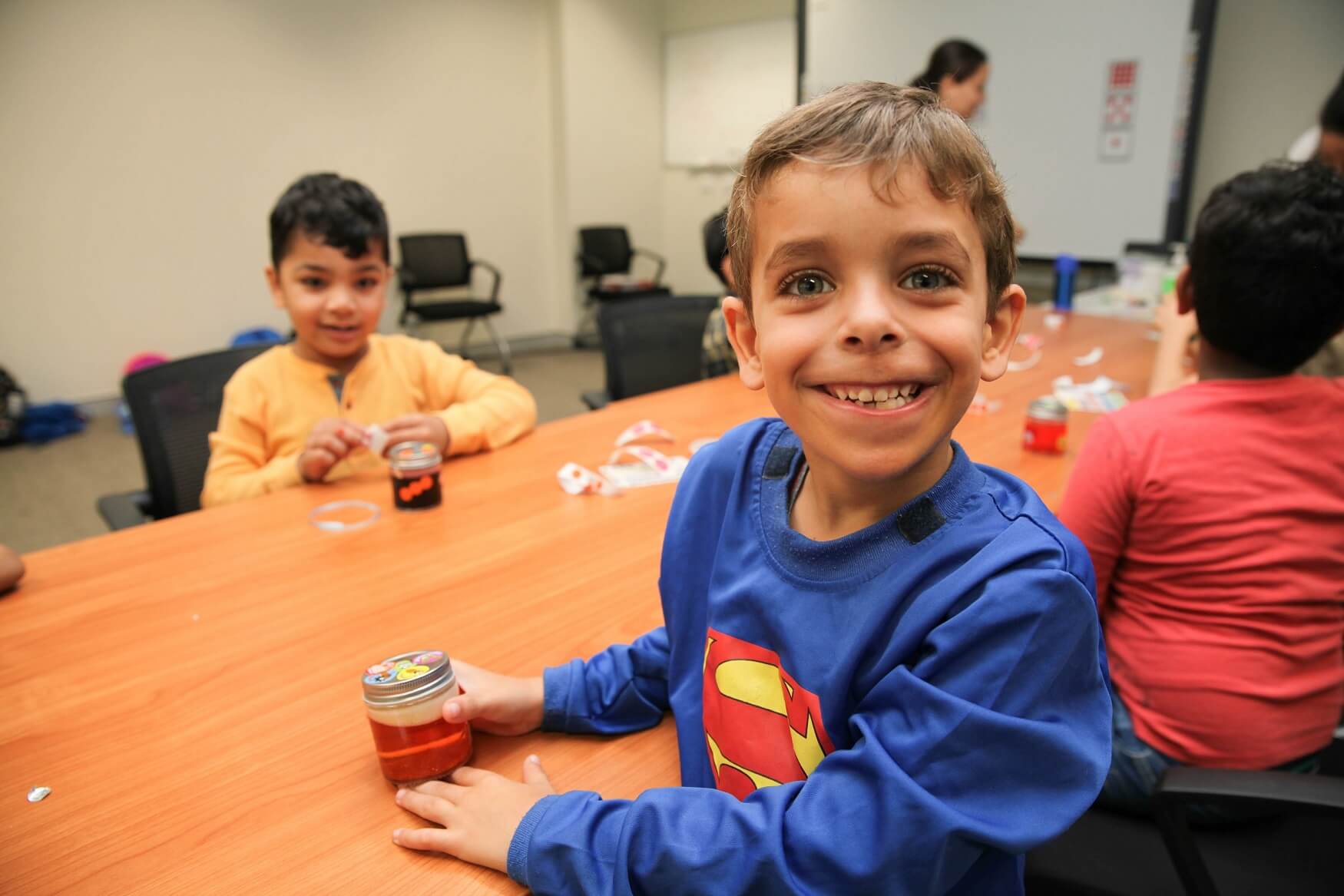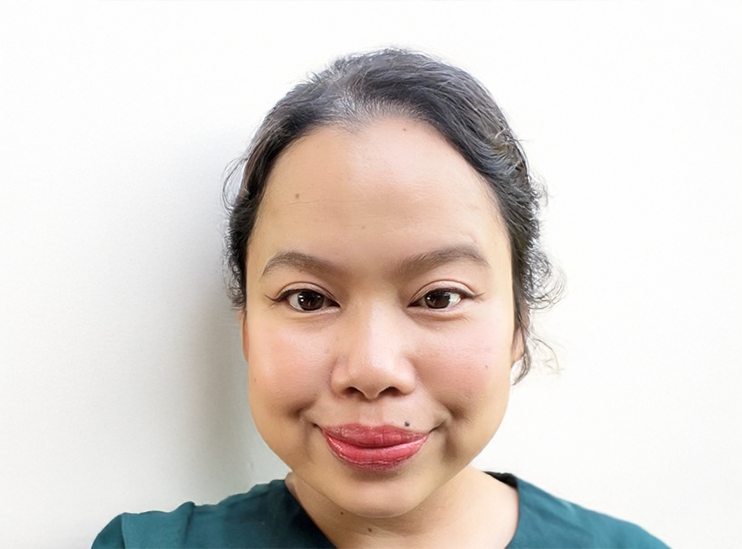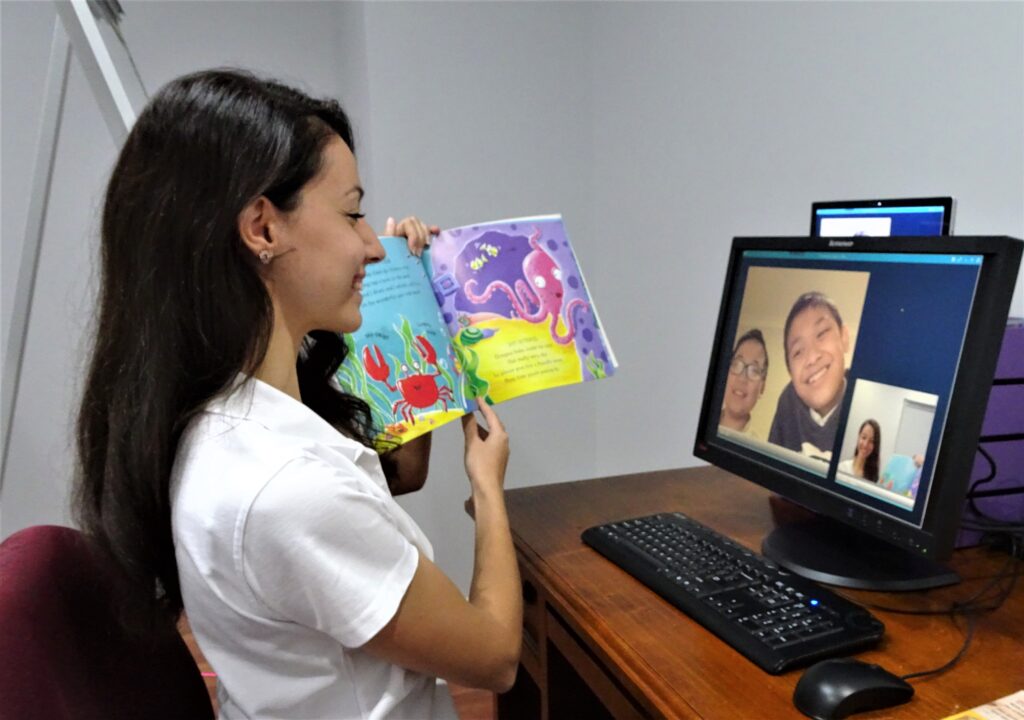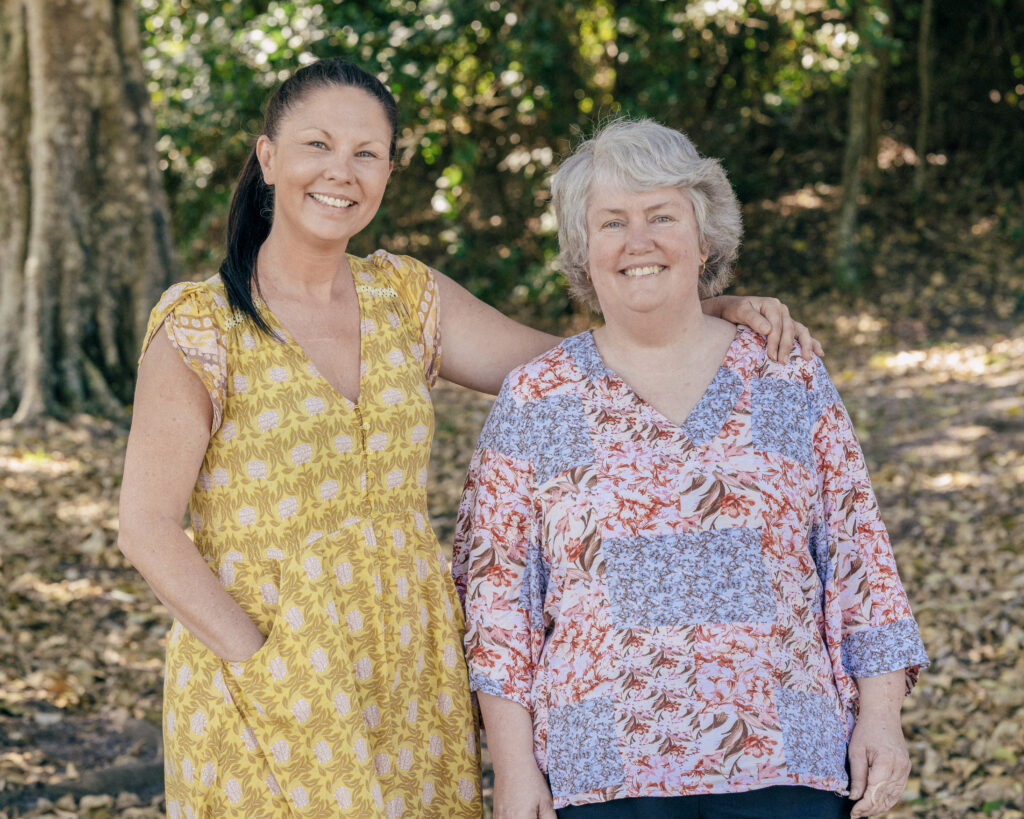We have received your message and one of our dedicated team members will respond soon
Speech Therapy Logan
Navigate your path to clear communication with experienced speech pathologists

An overview of the conditions our Speech Pathologists can support
Our Speech Pathologists have experience supporting people with the following conditions:
- Autism Spectrum Disorder
- ADHD
- Cerebral Palsy
- Acquired Brain Injury
- Genetic Disorders
- Intellectual disability
- Kleefstra Syndrome
- Down Syndrome
- Joubert’s syndrome
- Orofaical digital syndrome
- Microcephaly
- Epilepsy
- Childhood Apraxia of speech
- Global Developmental delay
- Selective mutism
-
Your Goals
Your Goals
Enjoy Meals
Communicate
Early Intervention
How our speech therapy services can support you
Our speech pathology team works with young children who have complex communication needs like trouble talking or have difficulty with areas of communication like slow or slurred speech, communication disorders, receptive disorders, language comprehension, cognitive communication, voice disorders, limited vocabulary or many more communication problems.
Our focus is on developing an individual’s ability to communicate using a range of different tools and approaches including: spoken speech, language development, Key Word Sign, picture based communication supports and use of Augmentative and Alternative Communication (AAC) types.
We can support people with disability through the AAC journey. We work with the customer and family to find an approach that is tailored to the customer. This includes the use and prescription of high-tech communication devices.
We also work with those who have difficulty eating and drinking because of swallowing functions, sensory aversions or food preferences. If mealtimes are challenging as an adult or child, we can make changes to the textures of the food or drink that you have issues consuming, and make sure your swallowing function improves so that you’re swallowing safely. If you’re a fussy eater and want to make mealtimes something you look forward to, we can work with you or your child to overcome these difficulties with a treatment plan to make mealtime more enjoyable, supporting you with a mixed oral and non-oral feeding approach.
After doing some speech pathology sessions, this little one shocked us all. She went from not using verbal language at all to saying full sentences
Nassren
For communication, you can develop your speech and language abilities. You’ll be able to make your needs and wants known, ask and understand questions, and confidently respond. We’ll focus on verbal skills if appropriate, but of course communication is more than just speech. We can support you with Augmentative and Alternative Communication (AAC), which will give you the tools you need to be understood.
Developing social skills will also assist you in your communication goals. For children, you can practice how to play, sharing and taking turns. Teens and adults can build confidence in making friends, using online platforms to communicate with others, and becoming an active part of your workplace and everyday life.
Our early intervention approach focuses on building young children’s ability to understand and use speech and language. We can provide support with early literacy skills to ensure your child is best prepared for learning to read and write.
Our Speech Pathology locations in Queensland

Personalised Speech Therapy
Communicate with others
Communicating with others and being understood is important. With a speech therapist, you can build your communication skills including:
- Learning to speak clearly and be understood by others
- Working on stuttering so you can speak smoothly
- Understanding what your voice sounds like and its volume. Some of our clinicians are qualified in Lee Silverman Voice Treatment (LSVT)
- Building language skills to better understand others and putting ideas and thoughts together. Some of our clinicians are qualified in the Hanen approach
- Using different forms of communication with Augmentative and Alternative Communication (AAC), for example communication boards, technology, and Key Word Sign
- Improving your literacy with reading, spelling and written expression
Manage swallowing difficulties
A swallowing problem can happen at any stage of life. We’ll work with you to understand the signs and symptoms of swallowing difficulties. These can include:
- A feeling that food or drink gets stuck in your throat or is going down the wrong way
- Long meal times or eating slowly
- Coughing, choking or frequent throat clearing during or after eating and drinking
- Becoming short of breath or your breathing changes when eating and drinking
- Avoiding certain foods because they’re difficult to swallow
- Unplanned weight loss or failing to put on weight because you avoid foods or find it hard to eat
Build your independence
Build your skills to create a more independent life. These skills might include:
- Practicing ordering food, drink and buying things, either verbally or using communication aids (alternative and augmentative communication)
- Confidently asking and answering questions
- Working on your play or social skills so you can interact with others, make friends and maintain friendships
- Assistance at mealtimes to make sure you can eat safely and comfortably
Strategies tailored for you
We can provide therapy in a way that works for you.
We can provide one-on-one sessions to develop your skills. Therapy sessions can be conducted in person at your home, workplace, day program, school, day care or in our clinics. For children, we encourage a parent or caregiver present so that the strategies worked on in sessions can be applied to the relevant environment. We can also provide telehealth sessions.
In consultative sessions, we’ll work with your support people, like your supervisor in the workplace, or a teacher in an educational setting. Our speech therapists will provide strategies to your team, which they can then use to support you. These strategies could be delivered face-to-face, over the phone, in emails or handouts.
Better results come with consistent, daily practice in the right environment. Your caregiver, teacher or accommodation staff member can continue to work with you outside of sessions to reach your desired outcomes sooner.
Get more time and support to achieve your goals
You can achieve your goals faster by working with an Allied Health Assistant (AHA). An AHA works under the guidance of your speech therapist, supporting the program your therapist has created for you. The affordability of an AHA gives you more time to work on your goals. Our AHA’s are either qualified with a Certificate IV in Allied Health Assistant, studying their undergraduate degree to become Allied Health Professionals, or both.
NDIS Funding for Speech Therapy
- National Disability Insurance Scheme (NDIS)
- Capacity Building – Improved Daily Living
- Private fee payment
- Medicare Rebate with a Chronic Disease Management Plan (CDMP)
- Private Health Insurance
Enquire about Speech Therapy
-
Our Services
Our Services
Allied Health & Clinical
Allied Health – Professional
Latest news and stories
-
![]()
13 January 2025
-
![]()
24 October 2024



Accessibility and Inclusivity
We respect and honour Aboriginal and Torres Strait Islander Elders past, present and future. We acknowledge the stories, traditions and living cultures of Aboriginal and Torres Strait Islander peoples on this land and commit to building a brighter future together.
Read more about our commitment to reconciliation


